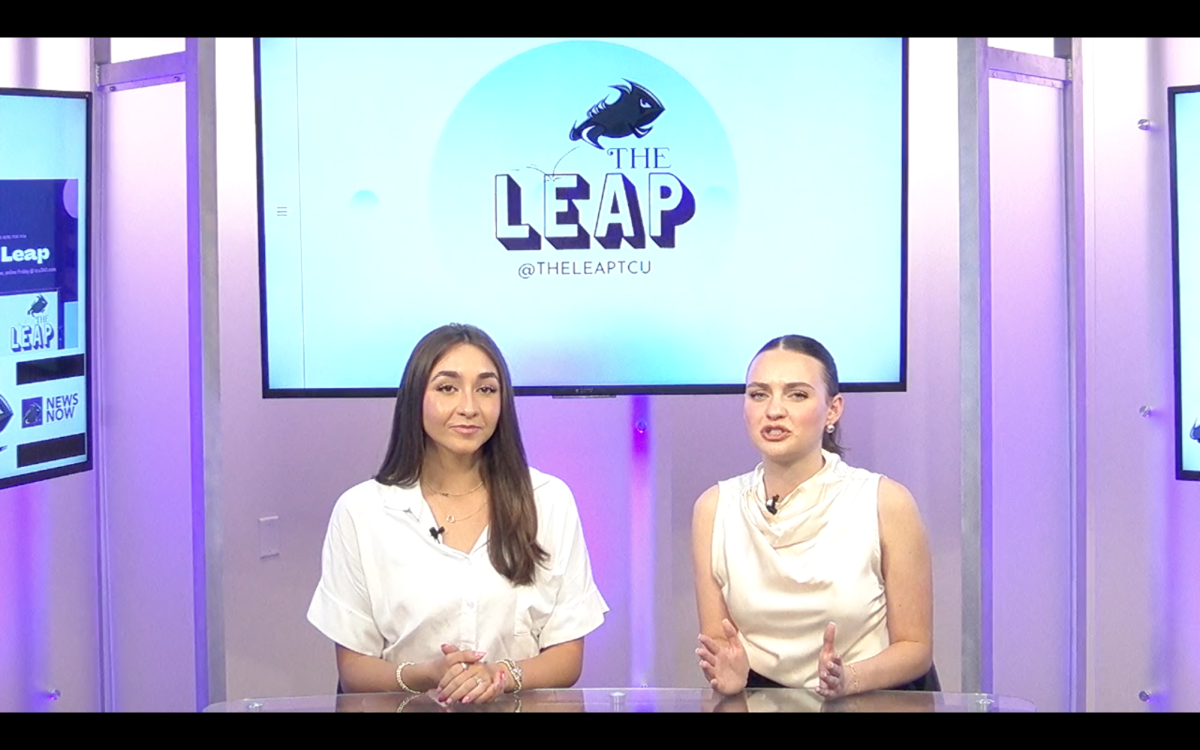Clarification
A story from the Aug. 26 edition of the Daily Skiff, “New repayment plan offered,” that included information attributed to Edie Irons, communications director at the Project on Student Debt, should have stated that she said the only loans that do not meet the specifications for the IBR program are private loans funded by private lenders. Additionally, Irons said private lenders are held accountable for fairness in the repayment of federal loans.
Current and former university students may soon expect relief from impending student loan payments with the July 1 introduction of the U.S. Department of Education’s new repayment program, a financial services director said.
Melet Leafgreen, the assistant director of loan programs, said the Income-Based Repayment plan aims to make monthly repayment amounts more accurately reflect a graduate’s income level. Loans taken out from the government for undergraduate, graduate, professional or job training programs will come with capped repayment rates that vary according to income and family size, she said.
Leafgreen said the new program does not require a minimum payment, as was the case with previous programs.
Prospective participants can look to the U.S. Department of Education’s Web site for a calculator to estimate their eligibility for the IBR plan. Generally, if the IBR plan could result in a lower monthly repayment rate than a standard 10-year repayment plan, then the borrower is qualified to participate in the IBR program, according to the Web site.
Leafgreen said if borrowers use the online calculator, some will find their minimum monthly payment comes to $0 because their income is at the lowest end of the IBR plan scale. As their income increases, their monthly payment will increase proportionally, and eventually rise above the $0 amount, she said.
“Even though they don’t pay any money, the IBR plan still considers them to be in repayment,” Leafgreen said.
According to a 2009 salary survey conducted by the National Association of Colleges and Employers, the average yearly salary of a graduate with a bachelor’s degree is $49,307. College graduates can also expect to owe an average of $24,651 on federal student loans upon finishing four years of schooling, reported FinAid, an online resource for student borrowers. Using these statistics and the Department of Education’s eligibility calculator, the average college graduate does not qualify for the IBR plan.
Lukas Jones, a junior strategic communication major, said he hoped to be earning a reasonable salary after graduating. If his income is low enough though, he will consider opting for the IBR plan, Jones said.
“It depends on how much money I make once I get out of college, but part of me thinks the lower payments sound better even though it will take longer,” Jones said of the IBR plan’s 25-year repayment period. As a freshman, Jones took out a federal Stafford loan in 2007 to pay for school and is scheduled to graduate in May 2011.
For some borrowers, federal lending options are more appealing because a heavy burden of loan repayments will not necessarily await them upon leaving school, Leafgreen said.
“I don’t think that the government necessarily had private schools in mind when they created this program,” Leafgreen said, “I’m not sure that we at TCU are the target demographic, but we certainly have students who could benefit from getting into the IBR program.”
Along with private schools, private lenders may see some fluctuation in borrowing trends with the introduction of the IBR plan. No comparable repayment program exists for private lenders, such as banks, said Edie Irons, communications director at the Project on Student Debt.
“That’s part of the problem,” Irons said of private student loans. “That’s why they’re such a bad idea.” Private lenders are not currently held accountable for any fairness in repayment options, so students looking to borrow might be better off looking into federal loan options, Irons said.
According to the Department of Education’s Web site, the plan is applicable only to government loans, such as Stafford, Graduate PLUS and certain Consolidation loans. This excludes all private and bank loans as well as parent PLUS loans and loans in default.
Students wishing to check their IBR plan eligibility can do so at: http://studentaid.ed.gov




